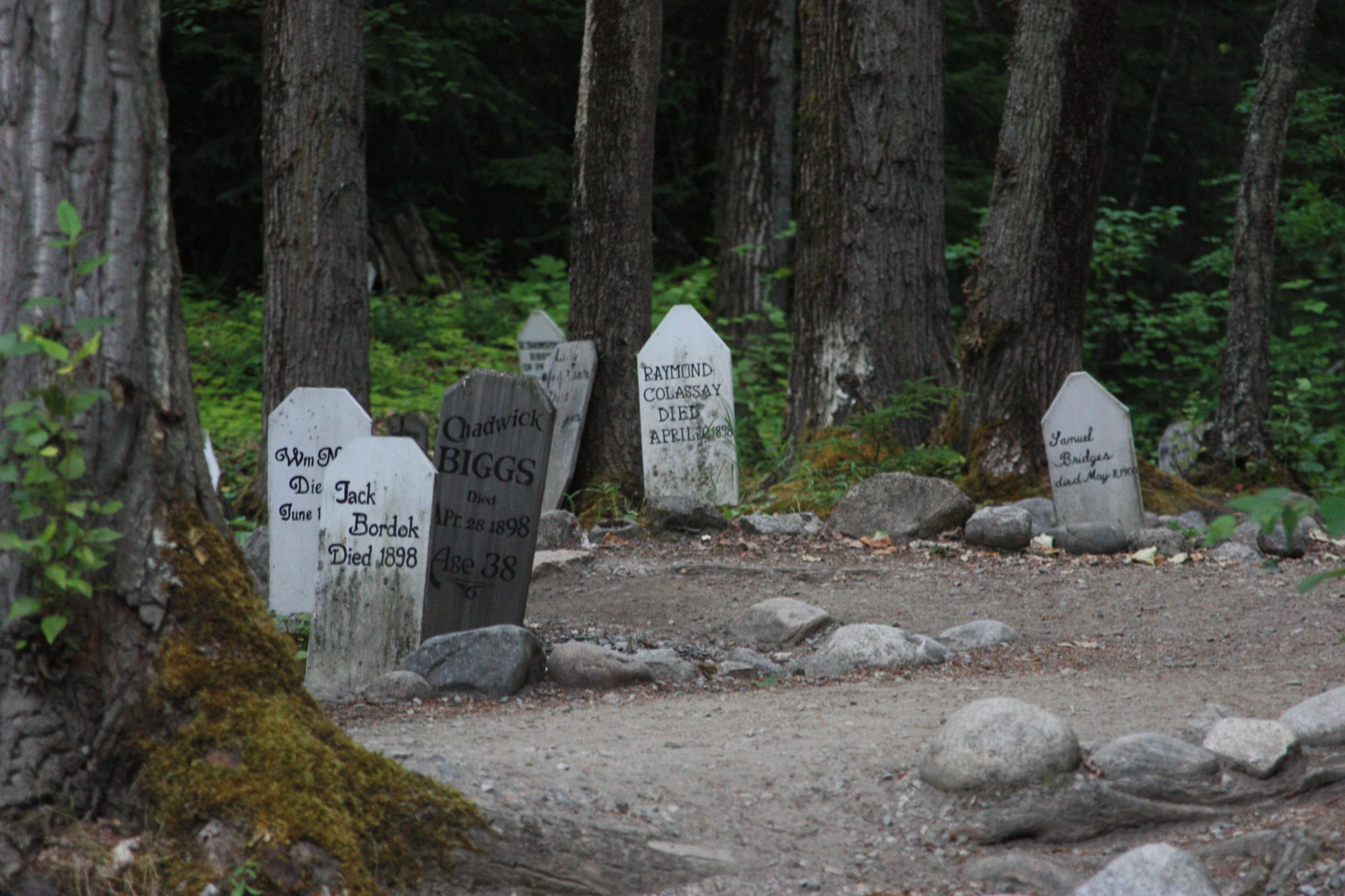
Today is Seward’s Day and the state and local offices are closed to honor the man who fought, and nearly died to acquire the great land of Alaska. During the Civil War, when funds were scarce and Russia, too, was nearly broke from funding their wars, a great real estate deal presented itself. Although the negotiations took years to complete, the man who had the vision was U.S. Secretary of State, Wiliam H. Seward. Working for President Lincoln, he nearly suffered assasination on the same night that Booth shot Lincoln. Another member of the successionist movement pushed his way into Seward’s home, attacking his family and stabbing Seward several times in the face and neck. Miraculously surviving, Seward was not deterred from his task, and in 1867 not only saw the purchase of Alaska, but he also decided to go see the property.
In June of 1869, after retiring, Seward began his vacation to Alaska with a railroad trip across the country on the – then barely one-month-old – transcontinental railroad. He saw buffalo and Indian camps and visited Brigham Young in Salt Lake City. He then visited Sacramento and San Francisco.
Seward boarded the steamship “Active” as a guest of Ben Holladay (a California businessman) to visit the Chilkats up Lynn Canal. The ship visited Seattle and Victoria B.C. and then arrived in Sitka near the end of July. When they got to Klukwan or the port we now know as Haines, by coincidence, there was a U.S. government survey team also in the area to view a rare total eclipse of the sun. The party had timed its visit with the Chilkats to coincide with the eclipse. The Chilkats referred to tourists as “Boston Men” and assumed that Seward was the “Great Tyee” of the Boston Men. Obviously there had been men from Boston who had visited earlier but they were doing business presumably and were not casual tourists as the Seward party was in 1869.
When Seward returned to Washington D.C. he praised Alaska and said it was impossible to exaggerate Alaska’s physical treasures such as its rivers and its wildlife and noted that its untapped mineral and forest resources will make Alaska a “shipyard for the supply of all nations.” How prophetic!






